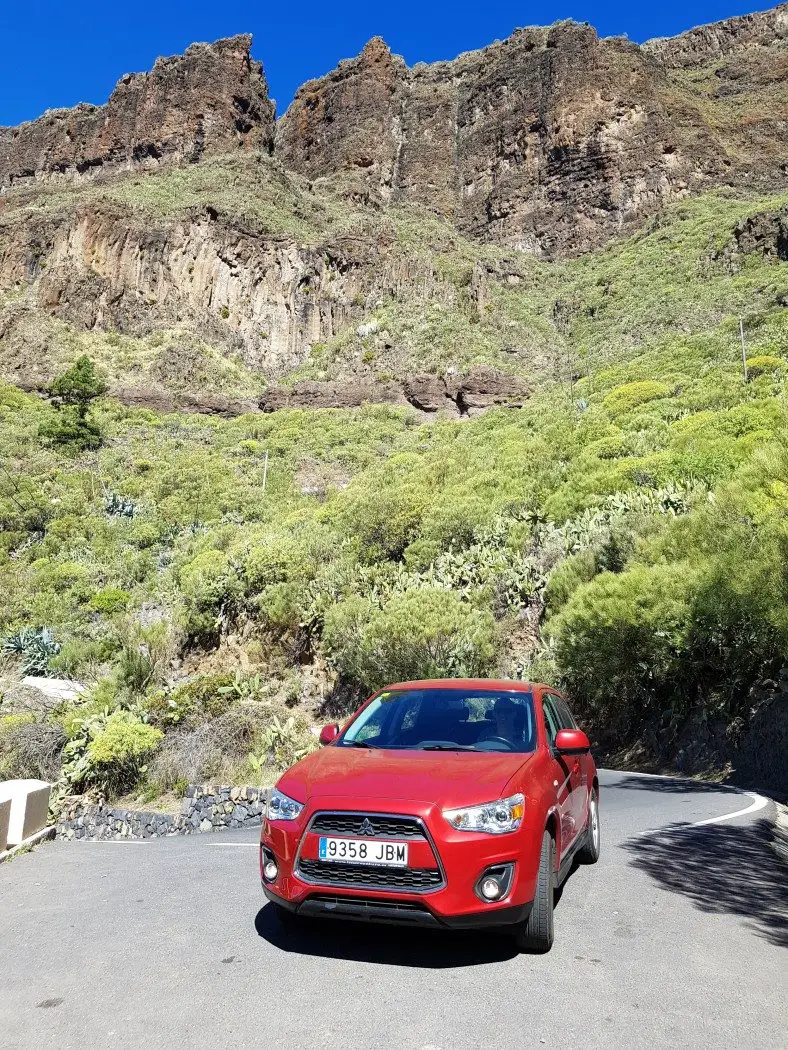When you’re traveling abroad, road incidents can turn an exciting trip into a stressful experience. A small fender bender or a serious accident in an unfamiliar country presents a multitude of challenges, ranging from language barriers and unfamiliar local laws to unexpected expenses.
Travel insurance is there to help. But how does it really work for these situations? Understanding what’s covered (and what isn’t) leaves you better prepared. Here’s an overview of the basics to provide peace of mind before your next big adventure.
Coverage for Rental Car Damage
Travel insurance often includes protection for rental car damages. But understanding how it applies ensures you avoid surprises. Many policies offer a “Collision Damage Waiver” or similar coverage, which helps cover repair costs after an accident. However, limitations exist.
Check your policy to find out:
- Which vehicles qualify under the plan
- Whether theft or vandalism is covered
- Any specific country exclusions where coverage won’t apply
Some insurers require travellers to pay upfront and file reimbursement claims later. Others work directly with the rental company to resolve issues faster. You may still owe a deductible (or excess) before your insurance kicks in. Keep documentation ready, such as photos of damage and written estimates from local services, to facilitate smoother claims processing.
Policies also exclude reckless driving incidents or non-permitted drivers on contracts. If you’re one of the 1.4 billion people who travel internationally each year, always verify these details before hitting the road abroad.

Liability and Legal Assistance
Road incidents abroad can involve more than just vehicle damage. If you’re at fault, liability claims or legal complications may arise. Travel insurance often includes third-party liability coverage, which helps with expenses if others are injured or their property is damaged. Still, policies differ widely in terms of scope.
Keep an eye on:
- The maximum amount covered for third-party damages
- Whether legal fees are included under your policy
- Any conditions related to negligence or alcohol use while driving
In complex cases, contacting local legal experts is crucial. For example, if faced with a dispute involving U.S.-based connections like rental companies headquartered in the States, specialist car accident attorneys in Denver can guide you through jurisdictional matters effectively.
Understanding your rights ensures smoother resolution processes overseas and protects you from costly surprises. Always keep a copy of your travel policy for quick reference during emergencies.
Medical Expenses
Medical care costs after a road accident abroad can quickly add up, especially in countries with private healthcare systems. Travel insurance often provides emergency medical coverage to ease this burden, so it’s definitely worth acquiring even if you’re trying to travel on a budget.
Key aspects of this coverage include:
- Emergency transportation, such as ambulance rides or airlifts
- Hospital stays, diagnostic tests, and surgery expenses
- Follow-up care for injuries sustained during the accident
Many policies also offer assistance with finding local medical providers and handling language barriers. Some may cover family travel costs if someone needs to join you during recovery. Keep receipts for all medical expenses and request detailed reports from doctors or hospitals when possible. Insurers typically require these documents for the processing of claims.
However, avoid delays by reporting incidents immediately through your insurer’s emergency hotline, which is typically provided on policy cards or documents. This ensures timely support no matter where you are traveling.

The Claims Process Explained
Filing an insurance claim after a road incident overseas requires organisation and attention to detail. Insurers usually need specific documentation before approving reimbursements.
Steps to simplify the claims process include:
- Notifying your insurer immediately through their emergency hotline
- Collecting detailed accident reports from local authorities or police
- Taking photos of the damage, injuries, and surrounding scene for evidence
Keep all receipts related to medical care, vehicle repairs, or legal fees. If you rented a car, obtain written repair estimates from the rental company as well as proof of charges made directly to you.
Many policies have time limits for submitting claims, so be sure to carefully review the deadlines outlined in your documents. Double-check that forms are complete before submission to avoid processing delays. Once reviewed and approved by insurers, reimbursement payments are typically sent within weeks, depending on their internal timelines.
Wrapping Up
Travel insurance provides valuable support during road incidents abroad, easing financial and logistical burdens. Understanding your policy’s coverage and staying prepared with proper documentation means you can handle unexpected situations confidently. Plan ahead, review your policy details, and enjoy peace of mind as you explore the world on four wheels.





